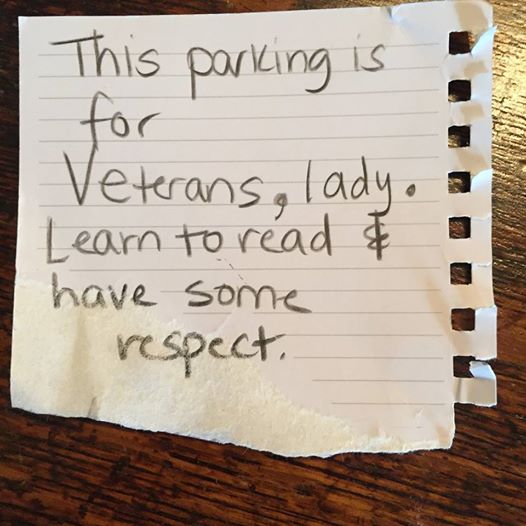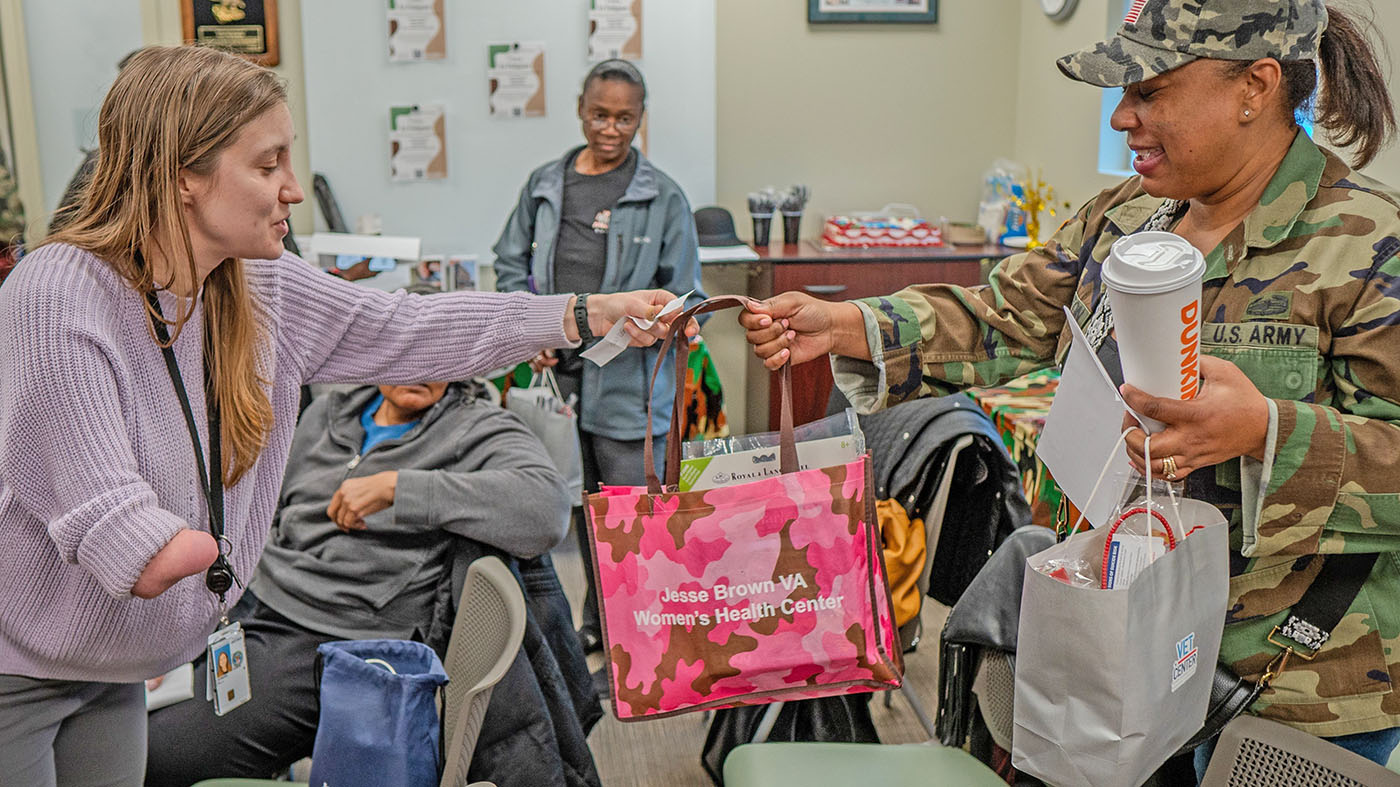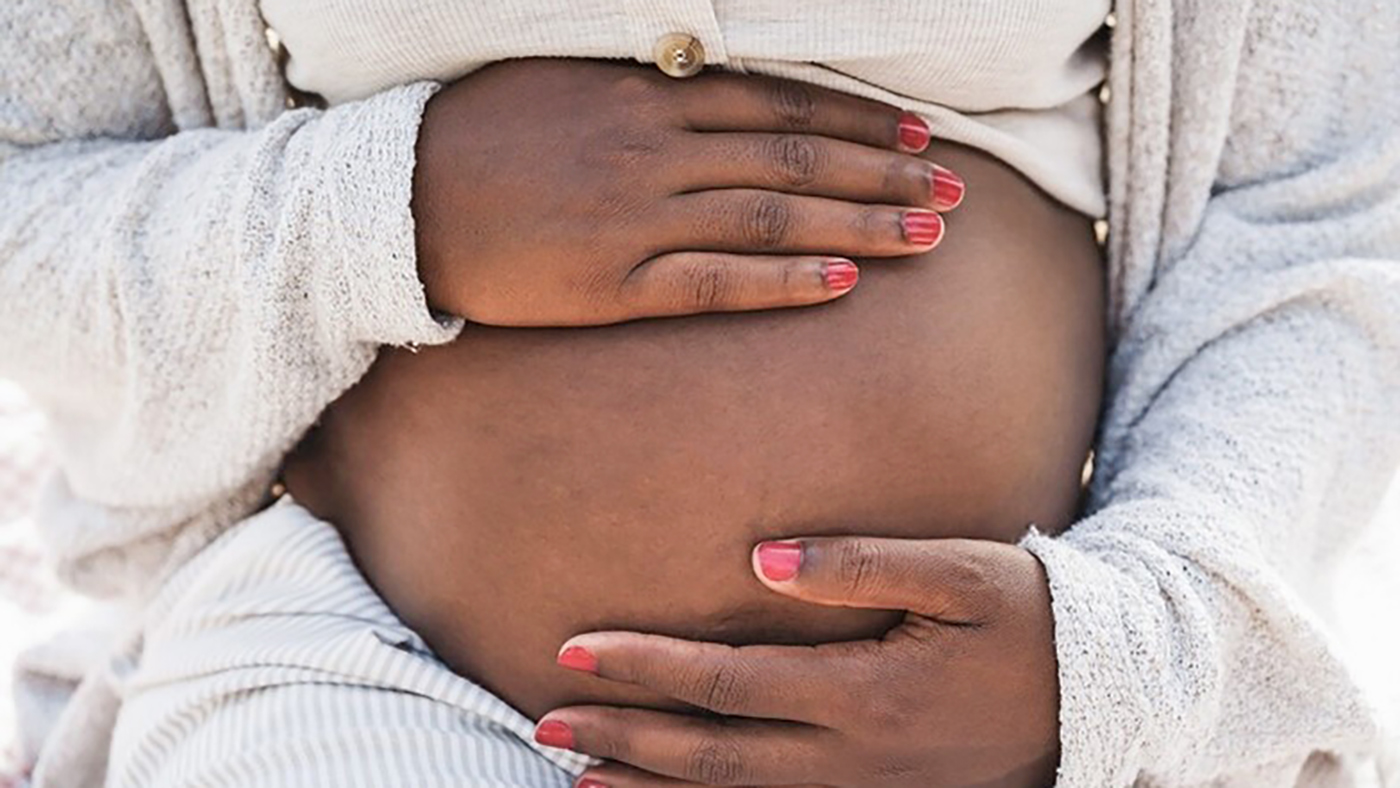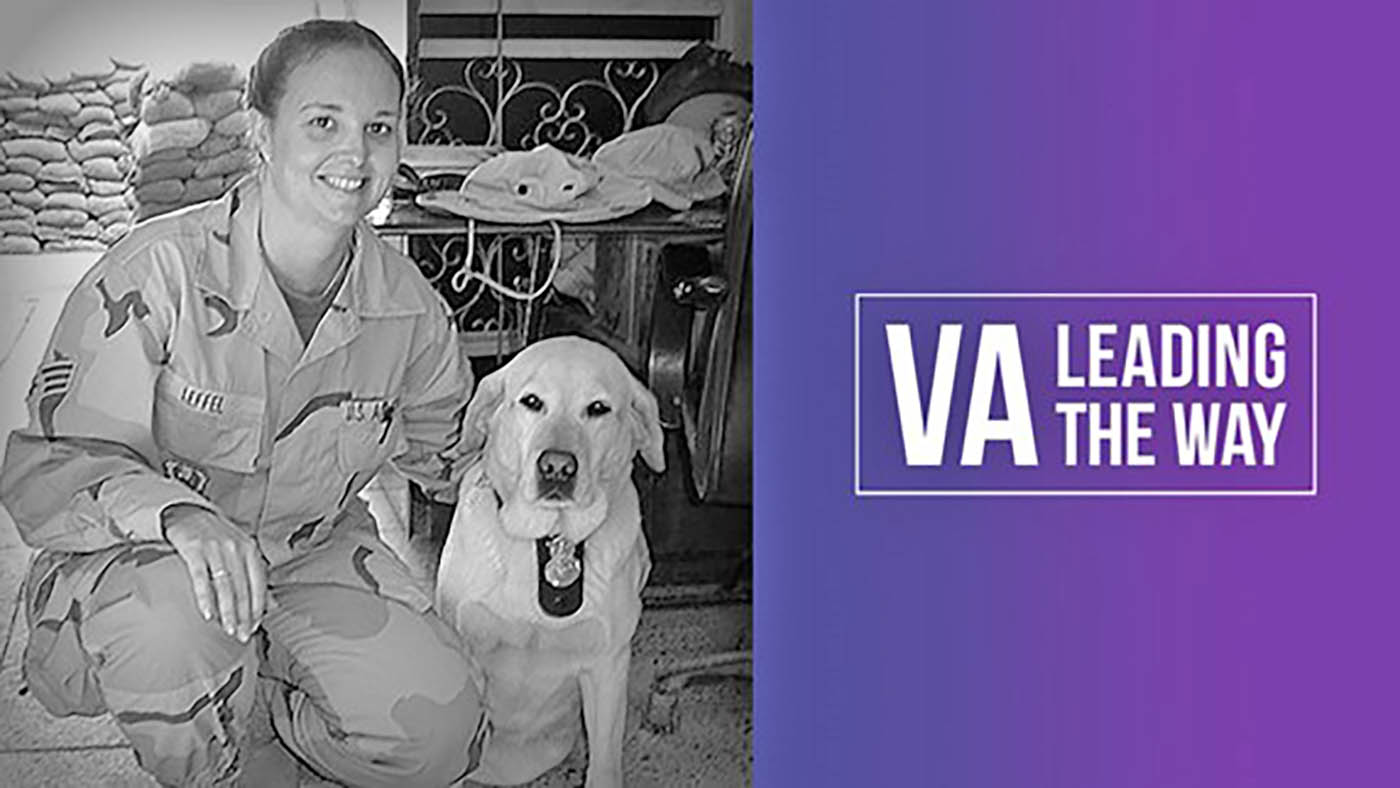This past week, the media highlighted an act of disrespect towards a woman Veteran because she received an anonymous note which read, “This parking is for Veterans lady, learn to read and have some respect.” Rebecca Landis Hayes, a former Navy doctor, decided to use a parking space featuring a sign designating the spot as for veterans only.
In response, Hayes noted on her Facebook post, “I’m sorry that we didn’t get a chance to have this conversation face to face, and that you didn’t have the integrity and intestinal fortitude to identify yourself, qualities the military emphasizes.” Additionally, another woman Veteran spoke up in reply as well to Hayes posting of the incident, “I get nervous about this too. If I park there, I am always, like, “do I have to have my retired military ID card?” Eventually the note writer apologized.
Our Nation has a great capacity to do so much good through the outpouring of support and care, at times. But, the note that Hayes received on her car, in Concord, demonstrates loud and clear that there’s much work to do in order to create cultural change for our women Veterans.
Unfortunately, many women Veterans are invisible to some.
A recent study shows that, only 37% of women Veterans indicated they felt “recognized, respected and valued as Veterans in civilian life.”
Both in deployment and at home, women Veterans continue to face challenges their male counterparts don’t. While we must continue our efforts to address the needs of women Veterans, we must also ensure women Veterans are valued, respected and feel safe.
Lieutenant Commander Hayes, this is my personal thank you for not being invisible, for standing up and saying something. We see you. We appreciate your service and the service of all our women Veterans.
As a result the VA’s Women’s Health Services (WHS) is sponsoring the “I’m One” campaign to raise awareness of VA benefits available for women Veterans. The campaign is designed to increase knowledge about what it means to be a Veteran and to help women Veterans who served in the United States Uniformed Services.
What Can You Do to Help?
- Please share the blog to help raise awareness for greater visibility and better treatment of our women Veterans.
- Visit and read Culture Change page then print out or post one of the Culture Change posters.
About the Author: Patty Hayes, PH.D., (no relation to the Veteran in the story) is the Chief Consultant, Women’s Health Services at VHA Patient Care Services, VA Central Office
Topics in this story
More Stories
Chicago Vet Center and VA gave women Veterans information on VA services available to them.
VA is committed to providing safe, accessible care that meets the unique challenges faced by black mothers.
Women Veterans are the fastest-growing Veteran population and VA has evolved its care to meet their needs.







Although I am not a fan of the DAV, or the VETERANS Administration, for that matter, I encourage all, Especially female members to get and prominently display/wear the Disabled American Veteran colors.
Sounds as though the situation is not much different than back in the early 1990’s. I was an outpatient clinic Social Worker at a western VA hospital. As I went to the lobby to call the next veteran waiting to see me, a man (was he a veteran?) approached me to ask about the women waiting in the lobby. “Why are they waiting here?”. My answer, “because they are veterans and receive medical care here”. He: “women serve in the military?” (so he couldn’t have been a veteran as he would have served with women, even in the 1980’s and ’90’s). I explained the long history of women in the military back to WWII and before. I think he left educated about that, at least.
It’s very sad that ignorance still exists.
Much respect to the Women Veterans. Stronger than men in many ways.